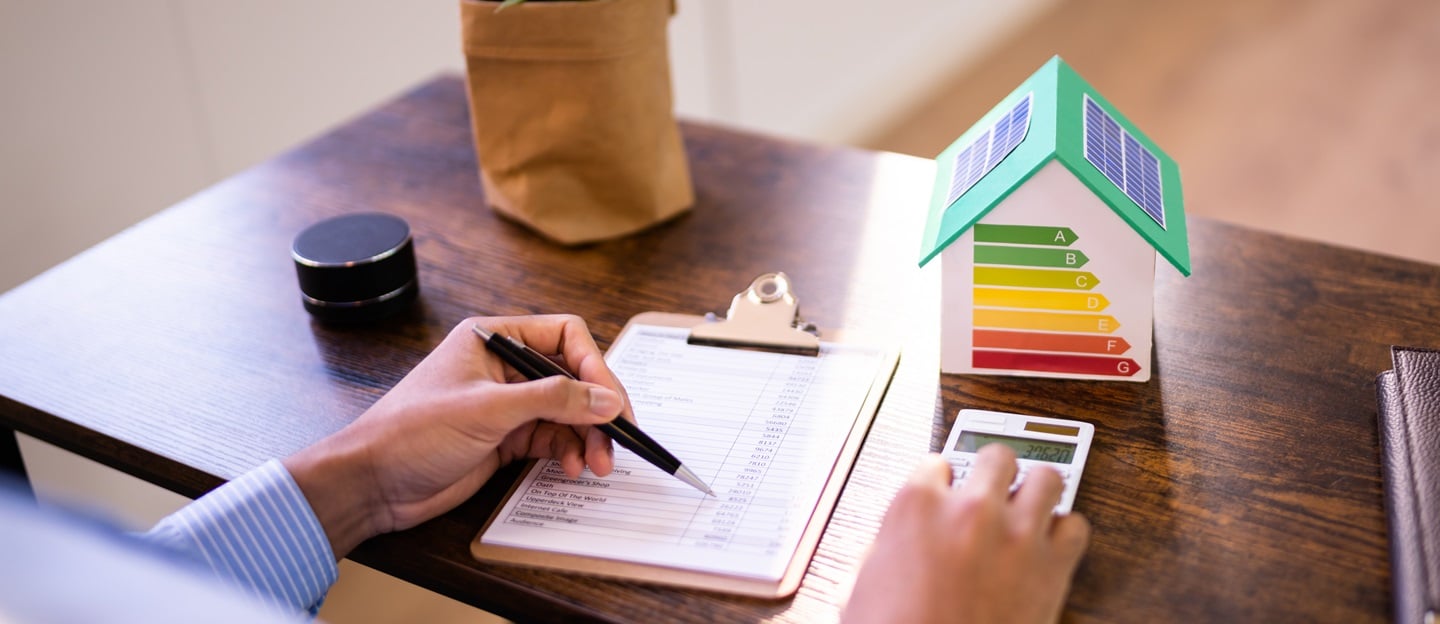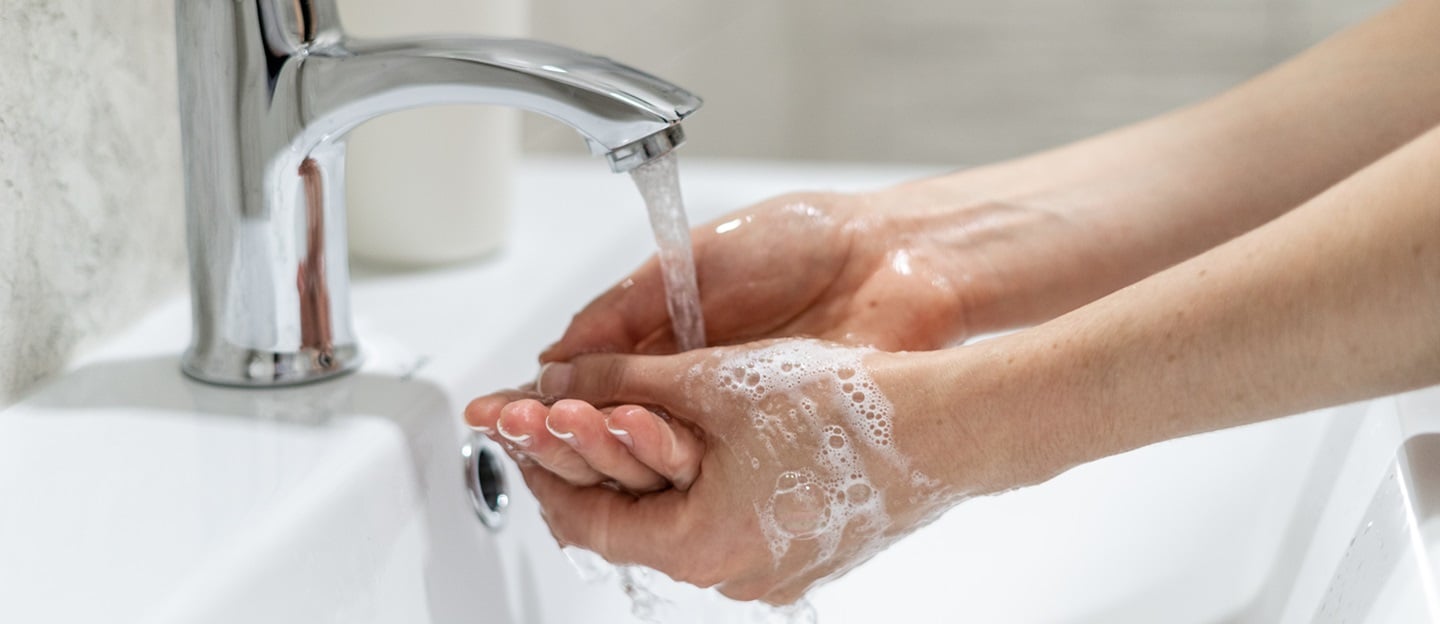Boiler Pressure Maintenance Guide for Effective Home’s Heating System
Find out how to properly check & maintain boiler pressure to ensure that your system heats your home efficiently.
BOILER PRESSURE: HOW TO READ AND CHECK IT?
Most modern boilers do not need constant attention throughout the year. Still, it’s highly recommended to have an occasional glance at their pressure gauge to determine if the physical force used in your heating system is set correctly.
To start checking your boiler pressure, you will need to locate the pressure gauge. On most boilers, the pressure gauge is a dial installed on the front of the appliance, sometimes under the control panel. Instead, if you own an older appliance, it can be located amongst its pipes or underneath them. The pressure gauge usually presents a red and a green section, helpful to detect if the pressure is too low.
WHAT SHOULD BOILER PRESSURE BE?
Most boilers' pressure usually runs between 1 and 2 bar. Even if your appliance works well, it's a good idea to check its functionality sporadically because your boiler may continue to work even if the pressure is not set right.
SYMPTOMS OF BOILER PRESSURE WRONGLY SET
If you realise something is wrong with your boiler functionality, you should check if the problem is an increase or a dropping in its pressure.
Boiler pressure is too low?
You will easily understand if the boiler pressure is too low if:
• Your radiators are not warming up efficiently: Low boiler pressure often affects the circulation of hot water around the heating system causing inefficient warming up of radiators.
• The needle on the pressure gauge has fallen: This indicates that the pressure has fallen below the recommended level which impacts the performance of heating system.
• Hot water is not running, or the heating system is not working properly: This is caused by low pressure in the boiler often causing inefficient heating system.
Fortunately, low boiler pressure is not dangerous, and it can result from small leaks in your heating system or from the bleeding of radiators. If you find a leak or your boiler pressure keeps dropping, you should call a technician.
Boiler pressure is too high?
You will also easily understand if the boiler pressure is too high if:
Your system has shut down: The system often shuts down as a safety measure to avoid any damage because of a very high boiler pressure.
The needle on the pressure gauge gets closer to the red zone: Needle going to red zone signals need for attention and heating system might shut down thereafter.
Boiler pressure rises to 3 bar or above: The boiler pressure values should stay between 1 and 2 only.
Why could this happen?
There are several reasons why you might experience an increase in your boiler pressure:
• You could have left the filling valves open accidentally
• You could have accidentally put in too much water trying to correct low boiler pressure
High boiler pressure is not dangerous because the entire heating system is generally protected by a pressure relief valve that prevents damage by letting water escape, and most systems also shut down.
HOW OFTEN YOU SHOULD CHECK FOR YOUR BOILER PRESSURE?
As winter looms around the corner, it is important to be ready to face the dropping of temperatures. And for hot water to circulate throughout your heating system - providing warmth to your home, your boiler pressure must be appropriately set for your appliance to work at its best. So, it's a good idea to check its water pressure during autumn, just before the cold winter climate approaches, and to continue to check it at least once a month to see if there are fluctuations.





